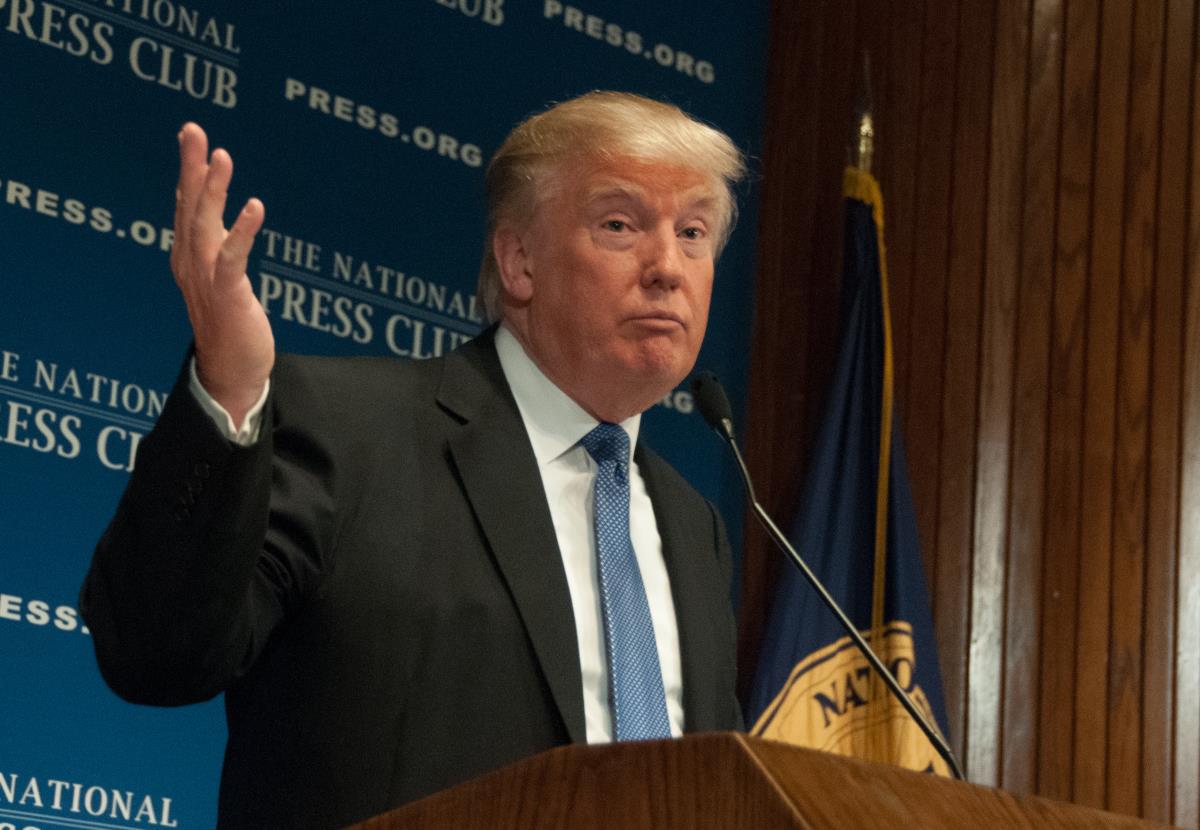Instagram censors ads for Senator Blackburn’s children’s book
10/05/2020 / By Cassie B.

Instagram appears to be on a campaign against Tennessee Republican Senator Marsha Blackburn, repeatedly blocking her ads on the site for flimsy reasons.
The ads in question were promoting a new book written by Blackburn and her daughter, Mary Morgan Ketchel, called Camilla Can Vote: Celebrating the Centennial of Women’s Right to Vote.
Instagram first censored the ads for the book back in May, explaining: “We have policies in place to ensure ads transparency around political ads and given the senator was a co-author, it’s reasonable it was flagged but upon review, political ads authorization is not necessary.”
The book is about how the state of Tennessee became the last of the 36 states needed to ratify the 19th amendment in 1920. It’s told from the point of view of a schoolgirl who takes a trip to a museum and is completely unrelated to modern political events.
However, despite admitting their mistake, Instagram then proceeded to block ads for the book for a second time, telling The Federalist that the reason for the censorship was that the book had the power to “influence the outcome of an election, or existing proposed legislation.” Following reporting on the censorship by The Federalist, they changed their mind and approved the ads once again.
Nevertheless, an ad ran by Ketchel on the book’s launch day was pulled from the site not long after being published. She said that there was a lot of engagement initially and after just a few hours, it simply stopped. Ketchel doesn’t think that Instagram let anyone see it after they noticed she was behind the ad.
The book is already doing well on Amazon, holding the top spot for a new release in the category of children’s 1900s American historical fiction. The pair promoted the book with interviews and online live streams during the day, which is something that could have increased engagement with their Instagram ad. Ketchel has appealed the ad censorship.
She said that she wants to use social media to promote the book and reach people who she doesn’t normally reach, especially now that book stores are closed across the nation.
Instagram is unfairly targeting anti-Big Tech senator and her family
According to Ketchel, after the first incident, the social media platform asked her to register her own personal account as a political group operating as a campaign or political action committee. She declined because she did not think that her mother’s senatorial role should spur censorship of her own account when she does not use it for political behavior.
She has a little over 1,200 followers and said she’s a mother, blogger, and children’s book author, not a political group. She feared that registering her personal account as a political group would then subject all of her posts to even greater censorship.
Big Tech censorship is nothing new for Senator Blackburn, as News Busters points out. While running for Senate in 2017, Twitter stopped her from paying to promote one of her campaign ads. She said in the ad: “I fought Planned Parenthood and we stopped the sale of baby body parts. Thank God.”
Despite being a true statement, Twitter called it inflammatory and said she would only be allowed to promote it if she took out the phrase “stopped the sale of baby body parts.” In response, Blackburn asked her followers to retweet the ad and stand up to Big Tech. This prompted Twitter to reverse its decision.
It’s hard to imagine how a story aimed at connecting young readers to the history of the women’s movement could be ban-worthy. However, because Blackburn has long advocated for breaking up Big Tech and is the chair of the Senate Judiciary Committee’s Tech Task Force, it’s not surprising that her family members are being targeted by platforms like Instagram for censorship.
Sources for this article include:
Tagged Under: banned, Big Tech, Censored, Censorship, Instagram, tech giants, Twitter
RECENT NEWS & ARTICLES
COPYRIGHT © 2017 CENSORSHIP NEWS



















